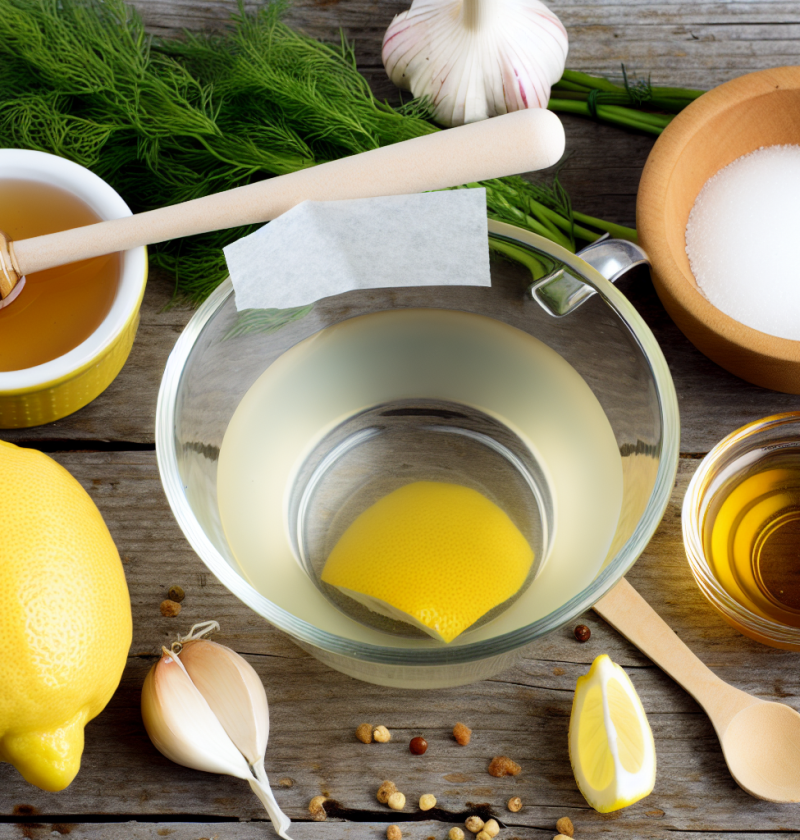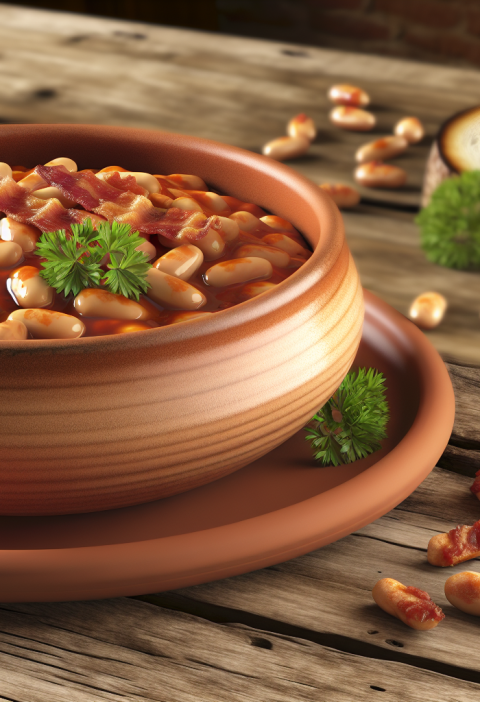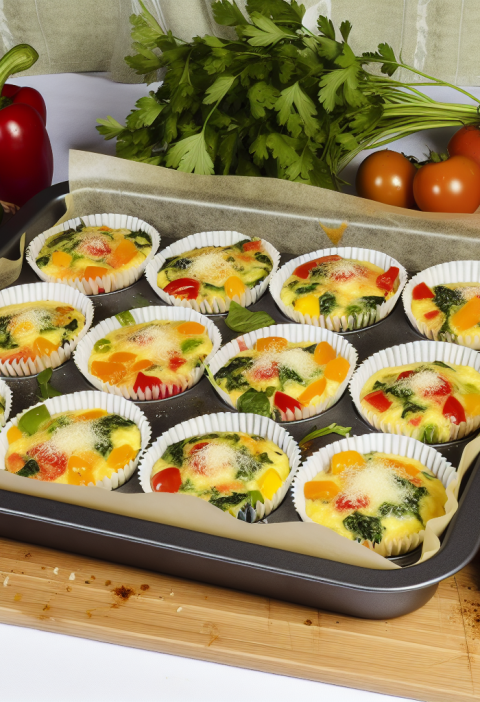“`html
The Ultimate Substitute for Apple Cider Vinegar: Brightening Your Dishes with a Zesty Twist!
Imagine a splash of tangy goodness that not only lifts your dishes but also brings a healthy touch to your culinary creations. If you find yourself out of apple cider vinegar but crave that delightful balance of acidity and sweetness in your dishes, look no further! This versatile substitute combines the freshness of citrus and the aroma of aromatic ingredients, ensuring your recipes shine brightly. So, why not elevate your meals with this flavor-packed concoction? You’ll be welcomed into a world where every salad dressing, marinade, and sauce bursts with vibrant zest! In this guide, we’ll explore making the perfect substitute that satisfies both the palate and diet.
Preparation Time
- Preparation Time: 10 minutes
- Resting Time: 0 minutes
- Ready in: 10 minutes
This recipe is suitable for 4 to 6 servings and is undoubtedly easy to prepare, perfect for even a beginner in the kitchen!
The Necessary Ingredients
- 1 cup of white vinegar (or rice vinegar)
- 1 tablespoon of fresh lemon juice
- 1 tablespoon of honey (or maple syrup for a vegan version)
- 1 teaspoon of Dijon mustard (optional for extra depth)
Feel free to customize these ingredients! You can substitute white vinegar with lemon or lime juice for a more citrusy flavor, or use coconut vinegar to accommodate various diets. For a gluten-free option, ensure the mustard is certified gluten-free. Each variation brings a new dimension to your culinary experience!
The Steps of Preparation
Follow these easy steps to whip up your aromatic, zesty alternative to apple cider vinegar.
- Gather all your ingredients on the kitchen counter.
- In a mixing bowl, combine the white vinegar, lemon juice, and honey (or maple syrup).
- If desired, add the Dijon mustard for an extra layer of flavor.
- Whisk vigorously until all the ingredients are well incorporated.
- Let the mixture sit for a minute to meld the flavors together.
- Taste and adjust the sweetness or acidity according to your preference.
- Transfer the mixture to a storage bottle or jar.
- Use immediately or store in the refrigerator for up to 2 weeks.
The beauty of this substitute is in its simplicity, yet the flavor it brings is anything but ordinary! The freshness of lemon enhances a variety of dishes, making it your go-to for salads, marinades, and even baked goods.
Nutritional Benefits
- White vinegar contains acetic acid, which may aid in blood sugar regulation.
- Lemon juice is packed with vitamin C, boosting your immune system.
- Honey offers antibacterial properties and is known to soothe sore throats.
- Dijon mustard is rich in antioxidants, promoting overall health.
Incorporating lemon juice not only adds a vibrant flavor but also infuses your meals with nutrients that contribute to your well-being. As you savor each bite drenched in this lovely substitute, you can take comfort in knowing that you’re nourishing your body and soul!
Possible Additions or Upgrades
- Add a pinch of salt for enhanced flavor.
- Mix in fresh herbs like dill or parsley for a herby twist.
- Infuse the blend with garlic or shallots to deepen the taste.
- Try using flavored vinegar (like red wine or balsamic) for unique substitutions.
With these possible additions, you can customize the flavor to suit your palette or match the dish you’re preparing. Whether it’s a zesty vinaigrette or a potent marinade for chicken, the sky’s the limit!
Q&A
Can I use this substitute in baking?
Absolutely! This substitute works wonderfully in baking recipes that call for apple cider vinegar.
What type of vinegar is best for this recipe?
White vinegar or rice vinegar are both great choices, but feel free to experiment with various types to find your favorite!
How long can I store this substitute?
You can store it in the refrigerator for up to 2 weeks.
Is this recipe vegan-friendly?
Yes! Just replace honey with maple syrup or agave nectar to make it entirely vegan.
Can I make this substitute for a large gathering?
Certainly! Just multiply the ingredients according to the number of servings you need.
Can I use lemon juice instead of vinegar?
While lemon juice can provide acidity, it won’t fully replicate the vinegar flavor, but it may work in some recipes!
What recipes work best with this substitute?
Salad dressings, marinades, and even pickling brines are perfect applications!
What if I don’t have lemon juice?
You can substitute it with lime juice or even apple juice if you’re looking for sweetness instead of tang.
Can children consume this mixture?
Yes, as long as they are not allergic to any of the ingredients, it’s safe for kids!
What health benefits does honey provide?
Honey can help soothe coughs, provide antioxidants, and offer energy-boosting properties.
From my experience, this substitute elevates not just the taste of my dishes, but also my family’s meals, turning even the simplest of recipes into something memorable. Remember, sharing is caring! If you enjoyed this recipe, spread the joy and share it on your social media or with friends! It’s all about bringing people together through the power of good food!
“`





